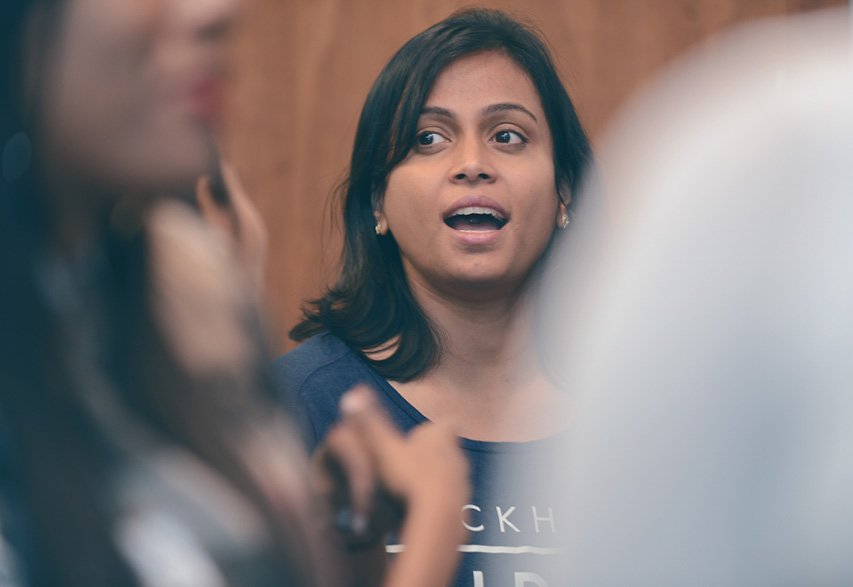For over fifteen years, Thoughtworks has run a social change program investing our efforts across a wide variety of regions and causes, from marine biology research to supporting transparency in the correctional system. In 2024, we undertook a realignment to help us achieve a more measurable and accountable social impact strategy.

Any business engaging in social change activity should be able to answer a simple question: are our efforts making a difference? But measuring social impact — particularly in complex ecosystems — can be a challenge. Without effective measurement, there’s a risk that activities are simply ‘feelgood’ or, far worse, a distraction for those you are trying to support – when they actually need meaningful and effective initiatives worthy of everyone’s time. We decided to tackle this question by adopting a ‘Theory of Change’, a methodology traditionally used in non-profit and international development sectors.

A Theory of Change is a tool for planning, participation, adaptive management and evaluation to promote social change. It sets out three key principles:
Making the distinction between desired and actual outcomes.
Requiring stakeholders to model desired outcomes before deciding on forms of intervention to achieve those outcomes.
Emphasizing a cause-effect analysis and building a roadmap to connect activities to long-term change goals.
The methodology allows for flexibility and modifications, and provides control mechanisms for plausibility, feasibility and testability.
A working group from our Social Change team interviewed key stakeholders from every region we operate in, across different disciplines and grades. The group also consulted with our social change partner organizations and conducted regular workshops under the guidance of Rosa Palli, a Thoughtworks consultant experienced in the Theory of Change process within the non-profit sector.
Through the process, we articulated our long-term vision:
“The ongoing digital transformation and future of technology will be shaped based on common good, autonomy principles and built on voices, analysis and proposals from the historically excluded, marginalized and underrepresented communities of the world. Digital and technological transformation will become an emancipatory tool for all.”
The methodology helped us identify three key workstreams to focus our efforts. These are Social Change Labs, an Open Knowledge initiative and Responsible Tech. The Labs will be used to build tech that solves problems for underserved groups. The Open Knowledge stream aims to encourage the public to engage with tech ethics, and pushes tech legislation and policy to be shaped by a wider demographic. And our Responsible tech goal is to see tech companies held accountable for the social impact of technology.
By adopting a Theory of Change, Thoughtworks is moving from a well-intentioned, bottom-up approach, to a more rigorous, measurable system that can track and validate our societal contributions.















